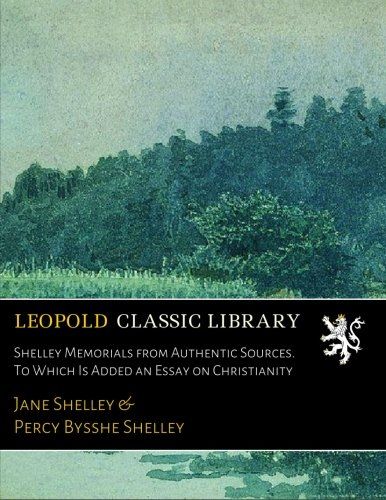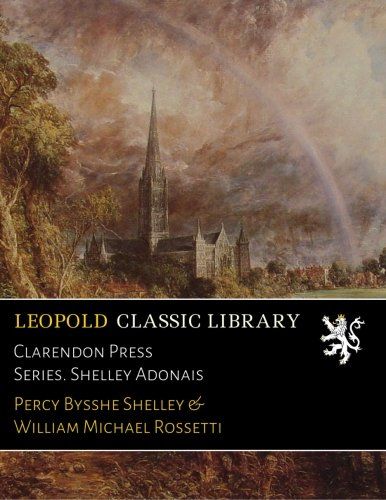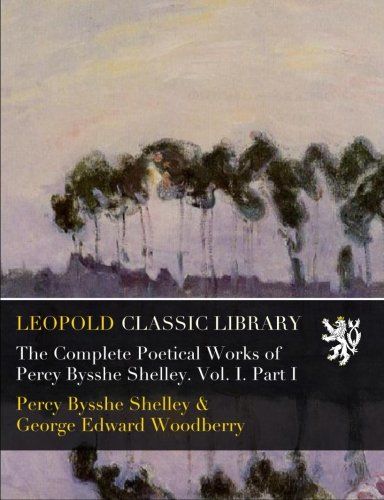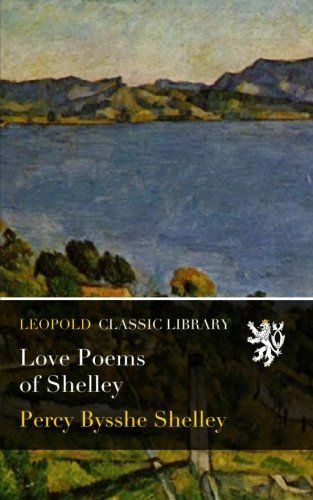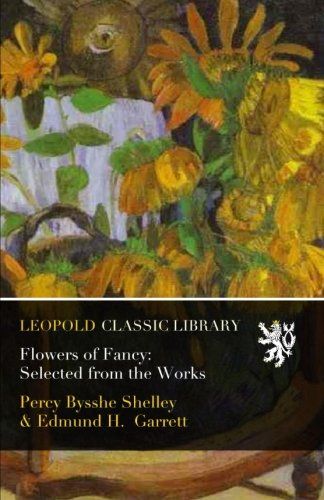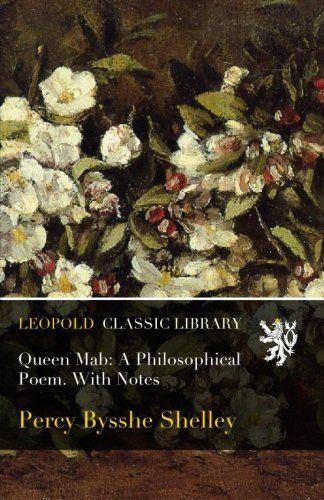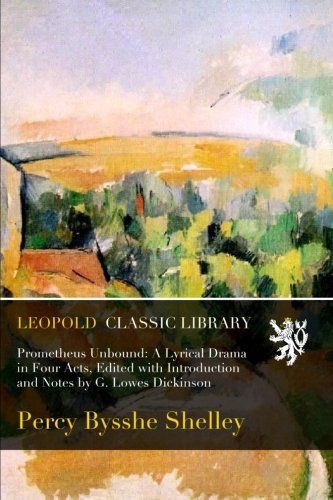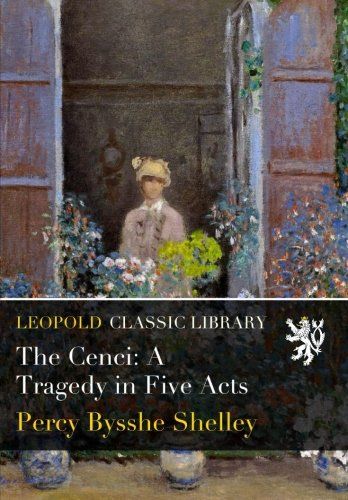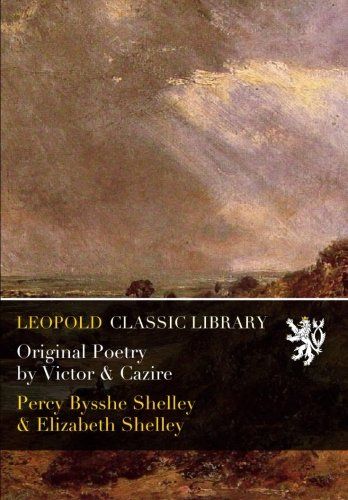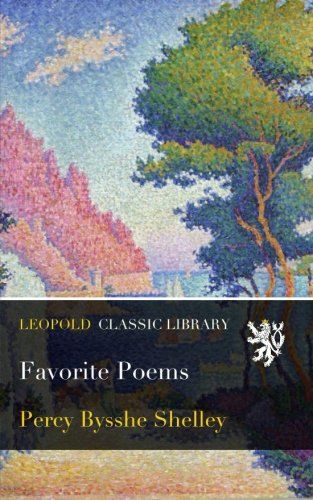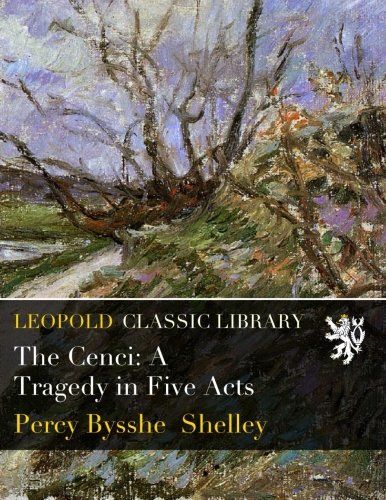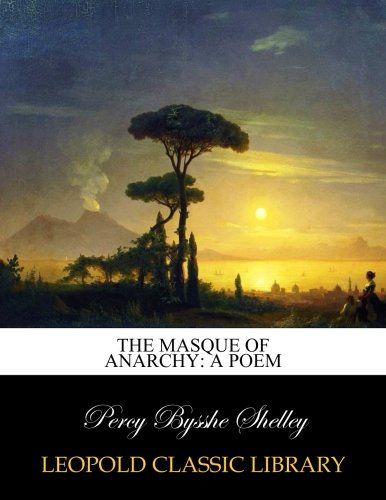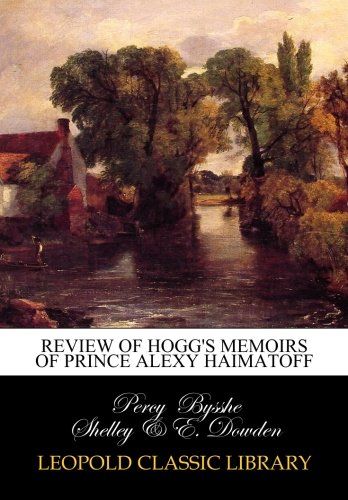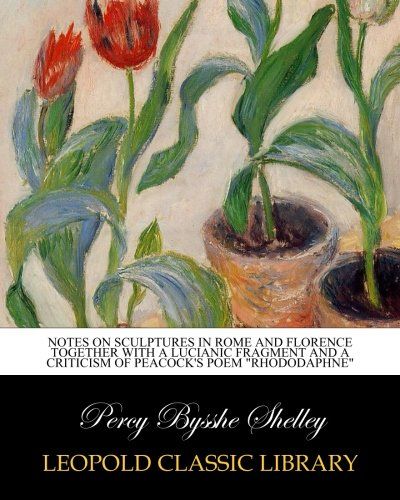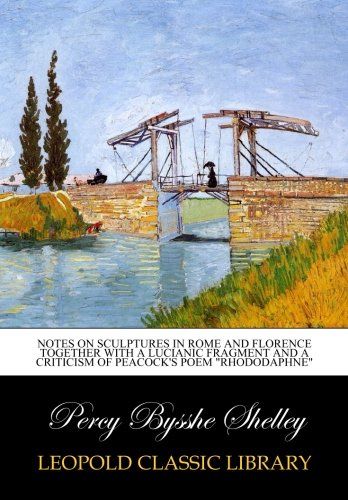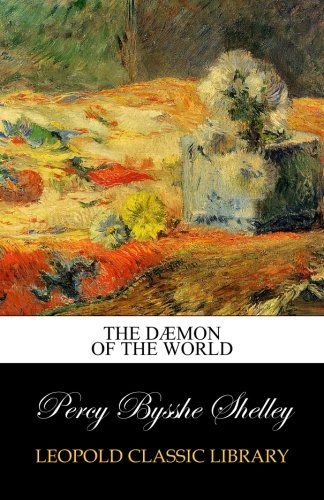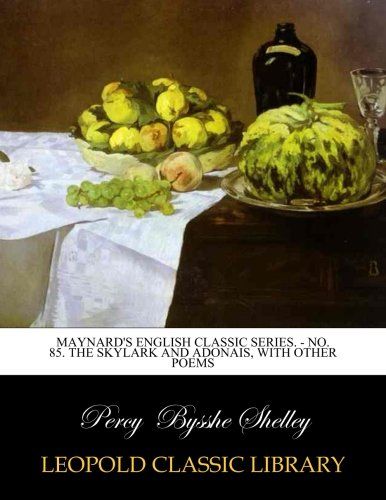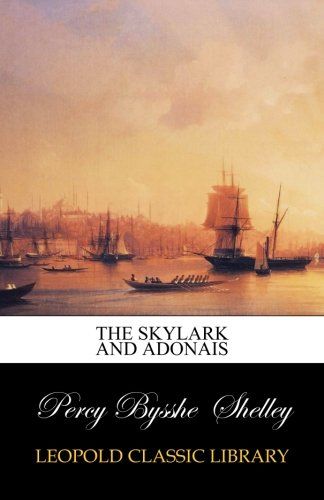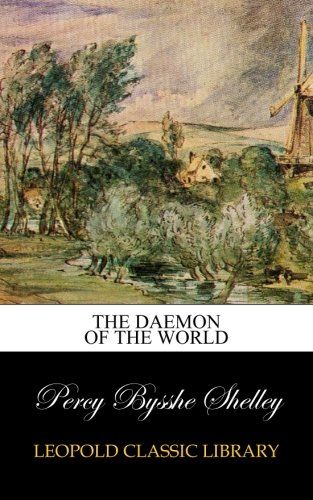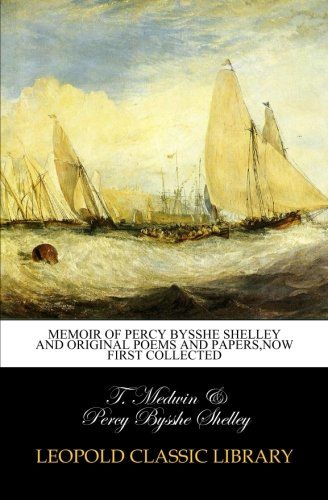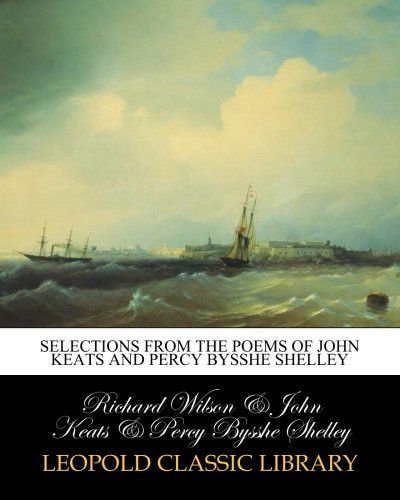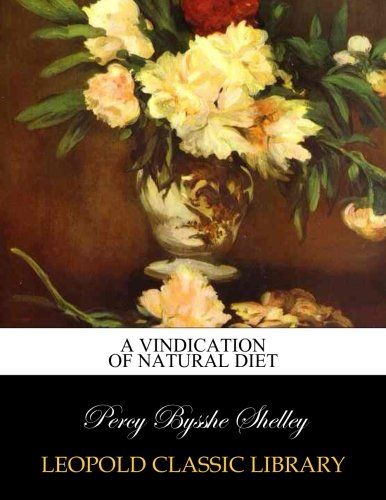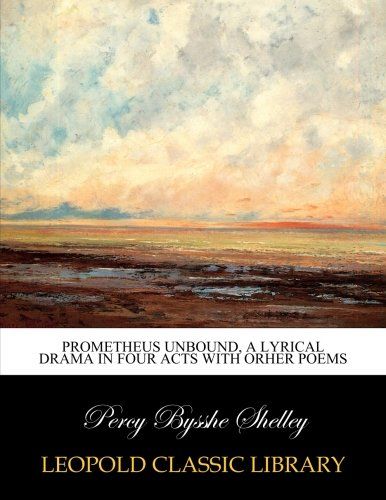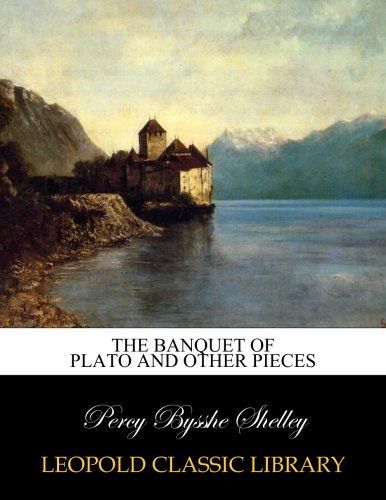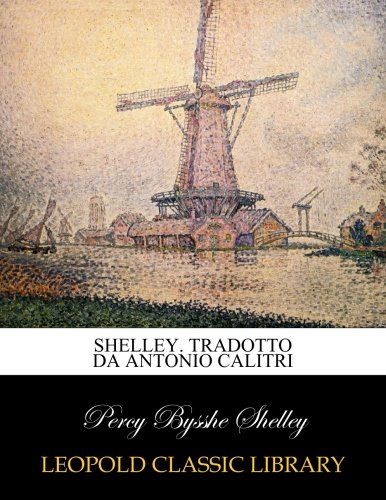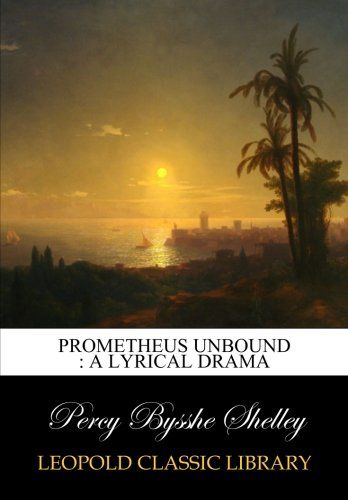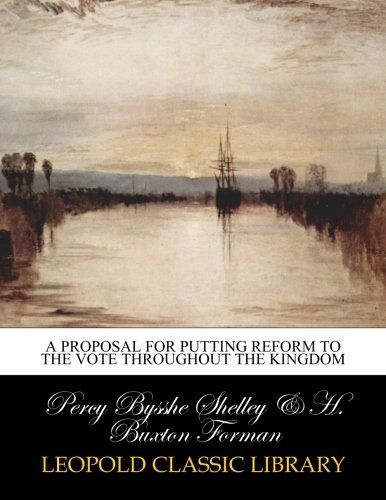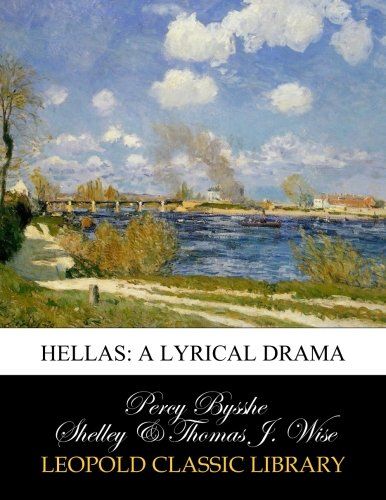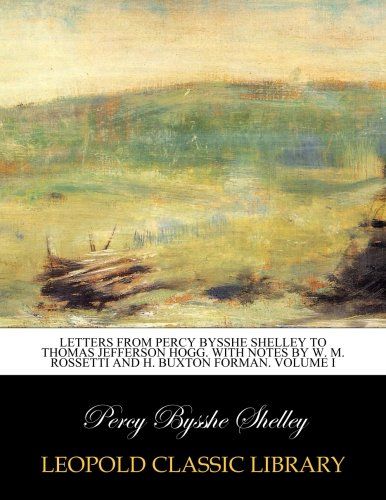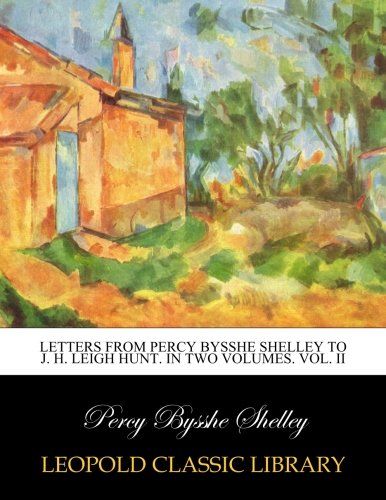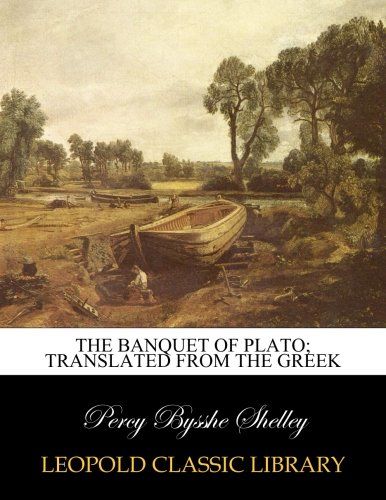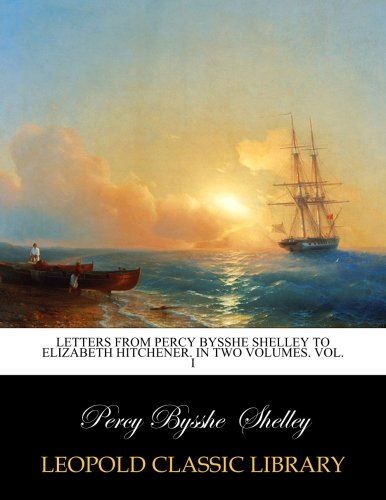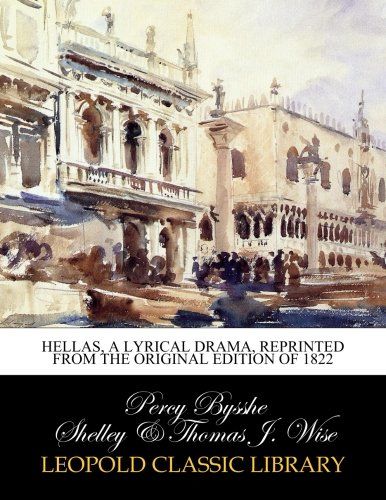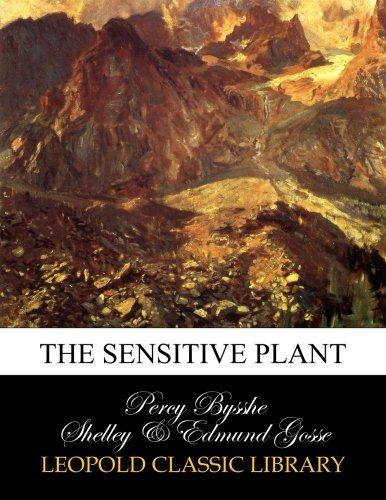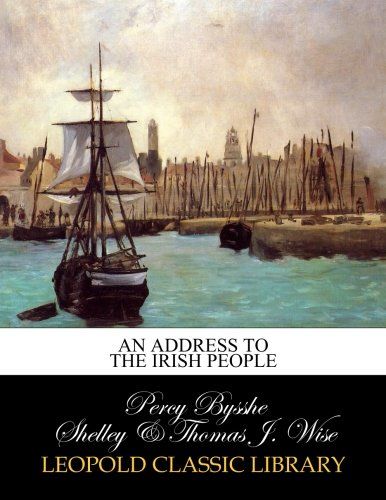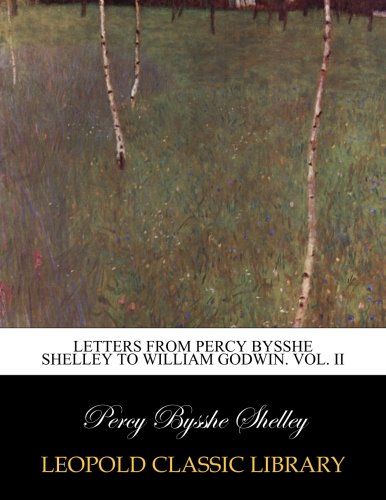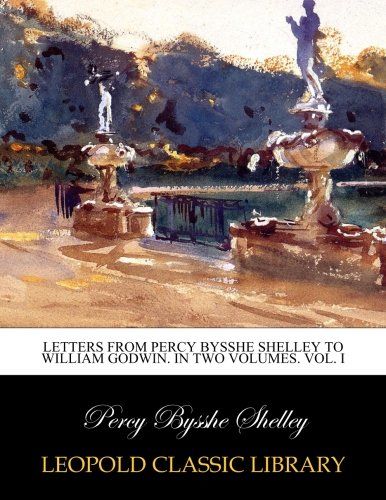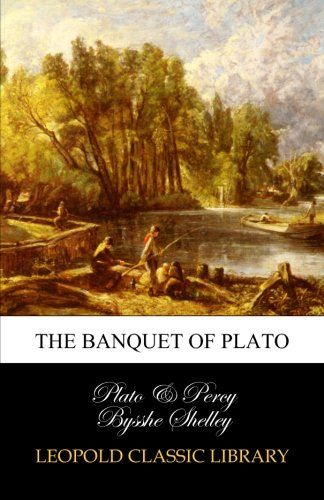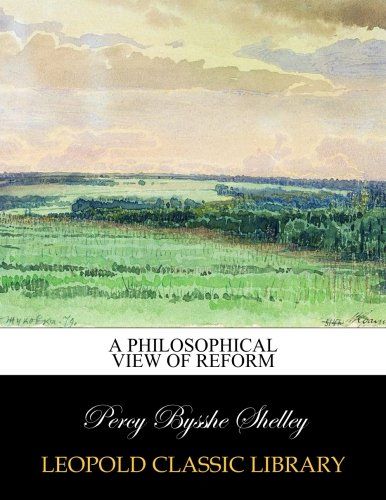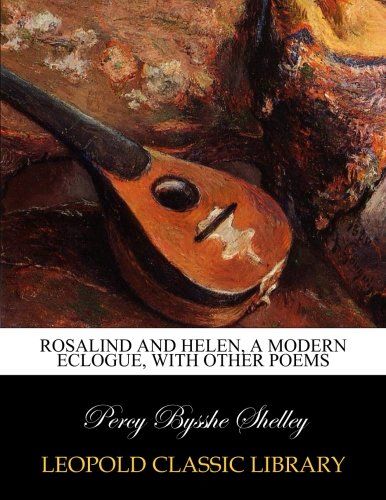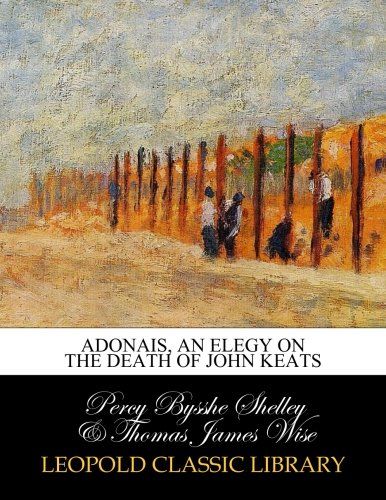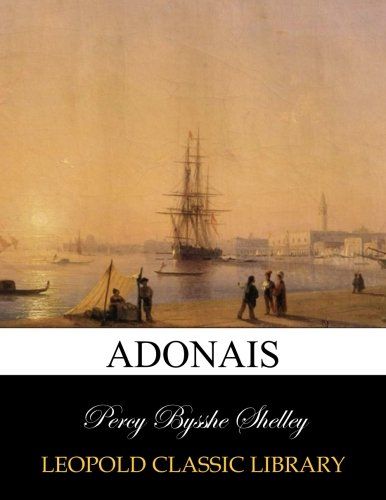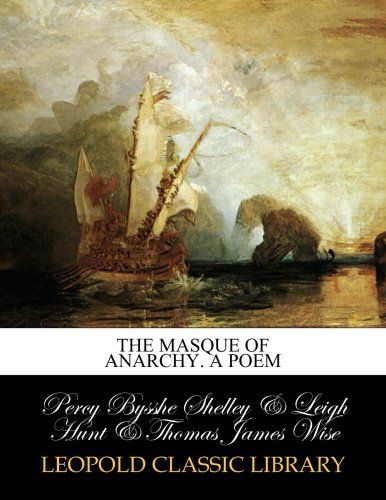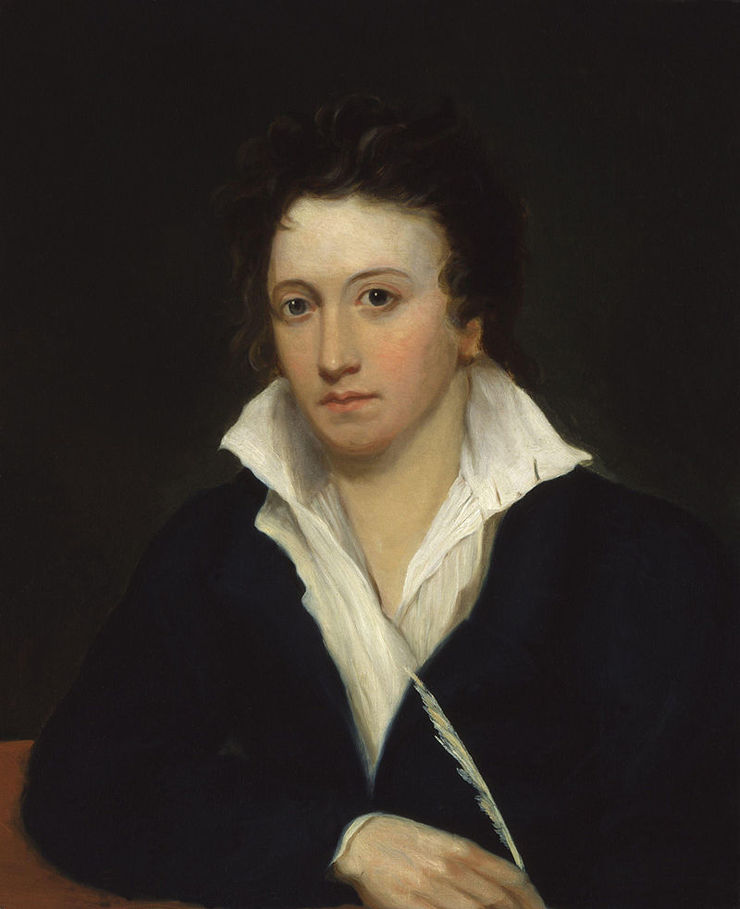
Percy Bysshe Shelley
Percy Bysshe Shelley (/ˈpɜːrsi ˈbɪʃ ˈʃɛli/; 4 August 1792 – 8 July 1822) was one of the major English Romantic poets, and is regarded by some as among the finest lyric, as well as epic, poets in the English language. A radical in his poetry as well as in his political and social views, Shelley did not see fame during his lifetime, but recognition for his poetry grew steadily following his death. Shelley was a key member of a close circle of visionary poets and writers that included Lord Byron, Leigh Hunt, Thomas Love Peacock, and his own second wife, Mary Shelley, the author of Frankenstein.
Shelley is perhaps best known for such classic poems as Ozymandias, Ode to the West Wind, To a Skylark, Music, When Soft Voices Die, The Cloud and The Masque of Anarchy. His other major works include a groundbreaking verse drama The Cenci (1819) and long, visionary poems such as Queen Mab (later reworked as The Daemon of the World), Alastor, The Revolt of Islam, Adonaïs, Prometheus Unbound (1820)—widely considered to be his masterpiece—Hellas: A Lyrical Drama (1821), and his final, unfinished work, The Triumph of Life (1822).
Shelley's close circle of friends included some of the most important progressive thinkers of the day, including his father-in-law, the philosopher William Godwin and Leigh Hunt. Though Shelley's poetry and prose output remained steady throughout his life, most publishers and journals declined to publish his work for fear of being arrested for either blasphemy or sedition. Shelley's poetry sometimes had only an underground readership during his day, but his poetic achievements are widely recognized today, and his advanced political and social thought impacted the Chartist and other movements in England, and reach down to the present day. Shelley's theories of economics and morality, for example, had a profound influence on Karl Marx; his early—perhaps first—writings on nonviolent resistance influenced both Leo Tolstoy and Mahatma Gandhi.
Shelley became a lodestone to the subsequent three or four generations of poets, including important Victorian and Pre-Raphaelite poets such as Robert Browning and Dante Gabriel Rossetti. He was admired by Oscar Wilde, Thomas Hardy, George Bernard Shaw, Bertrand Russell, W. B. Yeats, Upton Sinclair and Isadora Duncan. Henry David Thoreau's civil disobedience was apparently influenced by Shelley's non-violence in protest and political action. Shelley's popularity and influence has continued to grow in contemporary poetry circles.
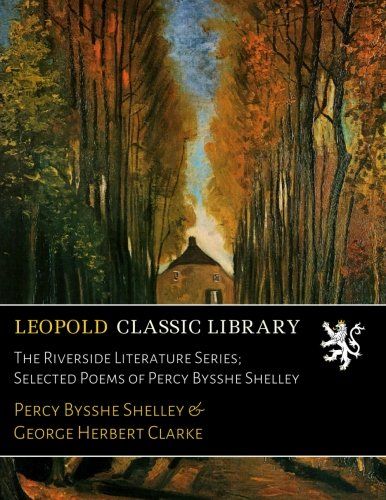
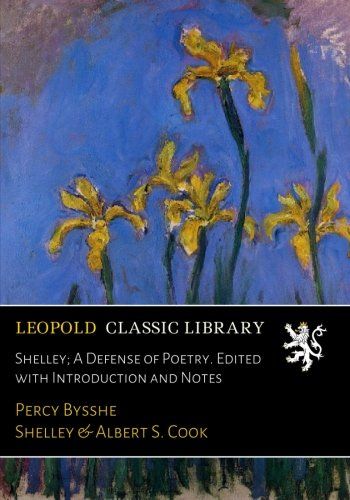
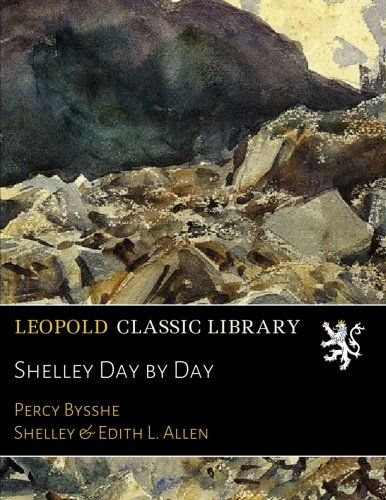
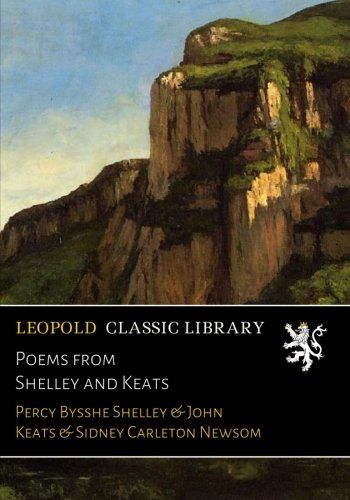
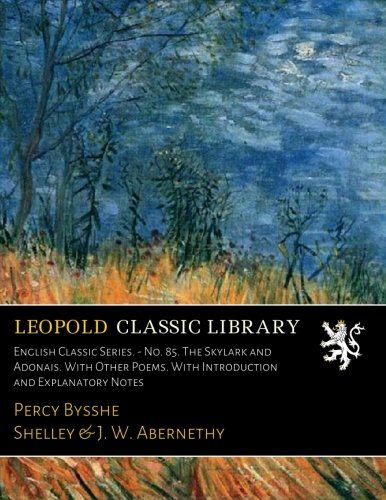
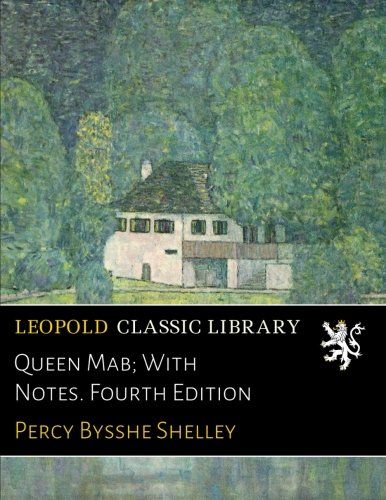
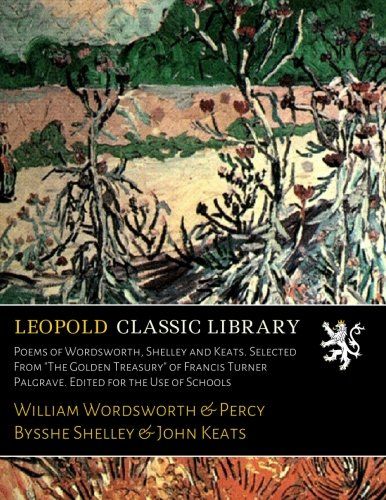
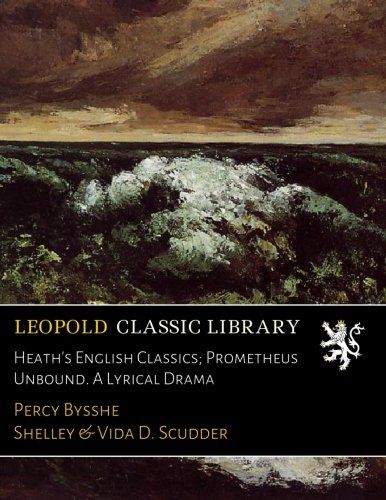
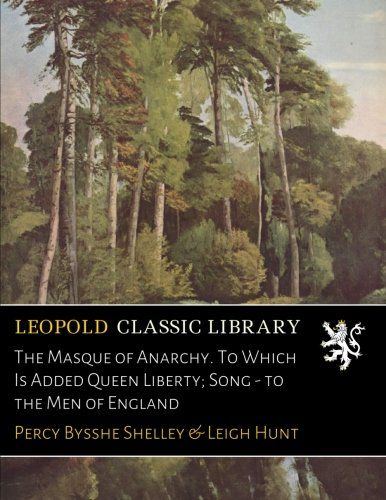
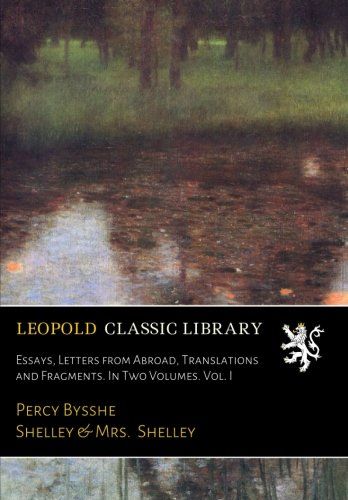
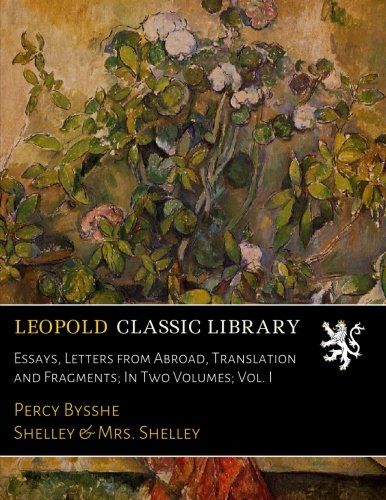
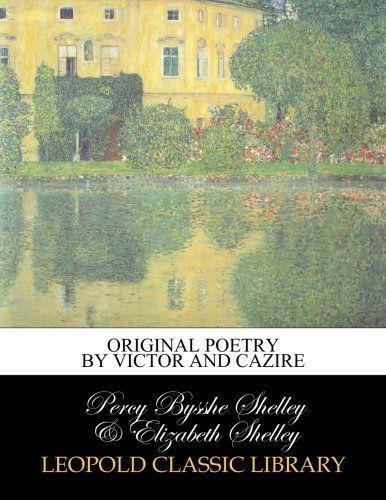
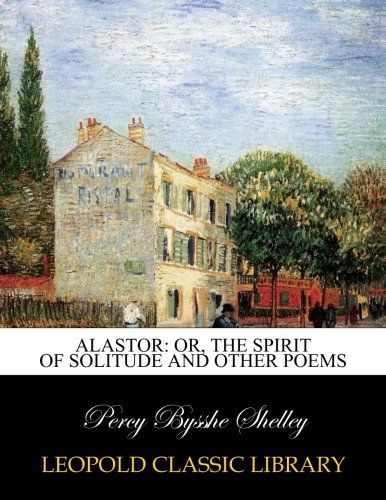
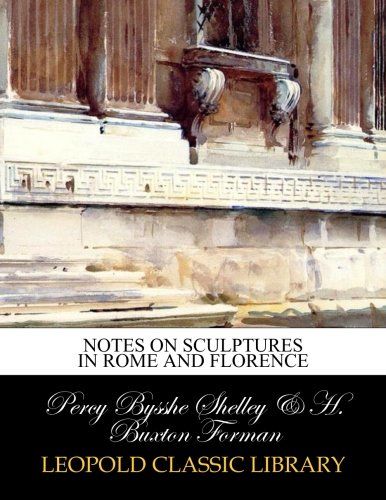
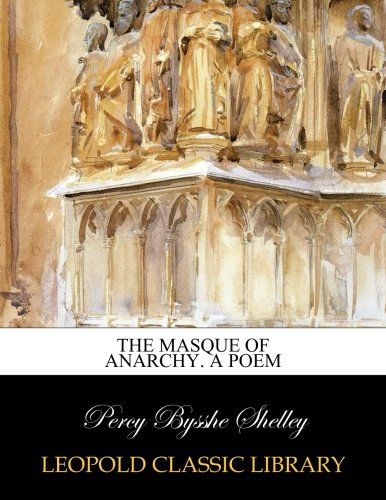
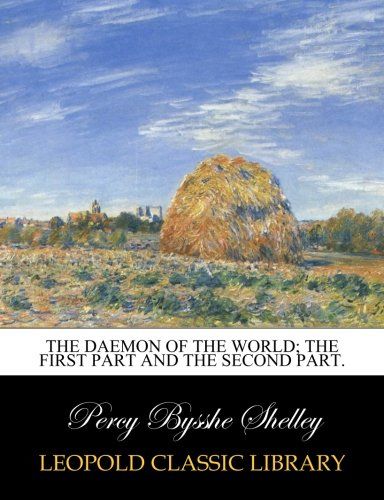
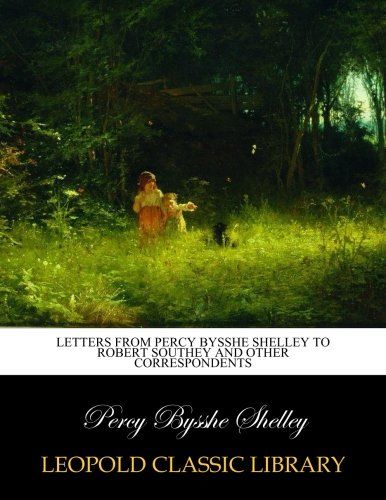
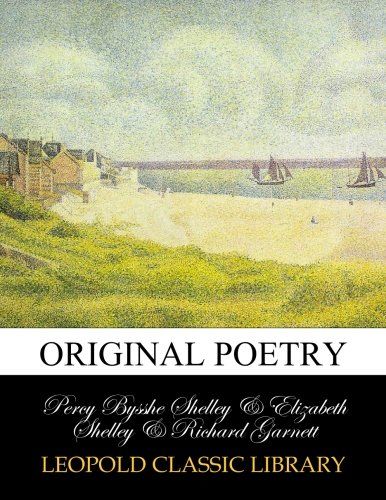
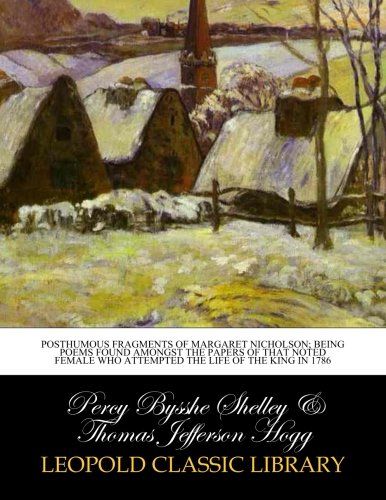
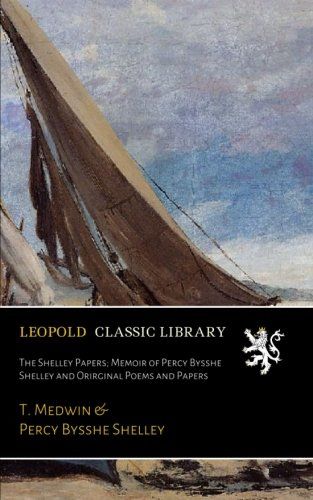
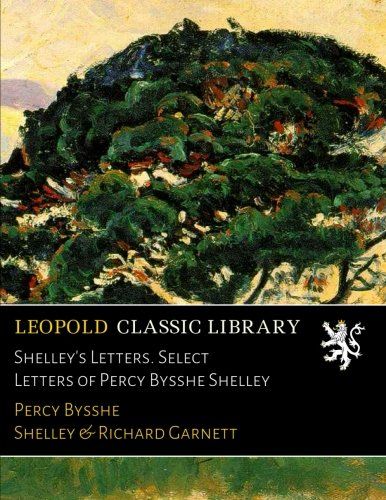
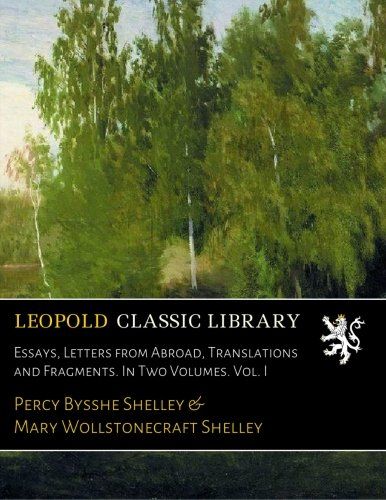
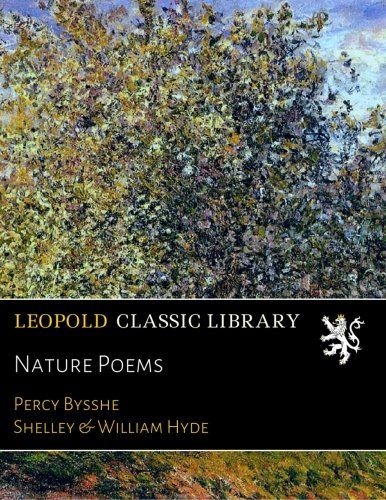
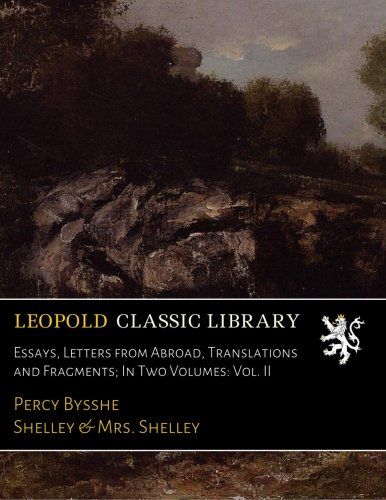
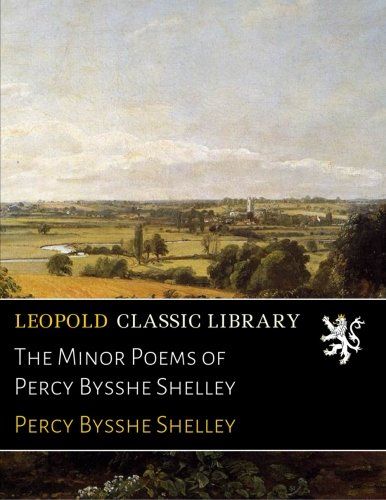

![Shelley Memorials: From Authentic Sources. To Which Is Added an Essay on Christianity. [London]](/assets/book/130412/57c63618b35ff/book_cover_b01e4g9v1e_o.jpg)
